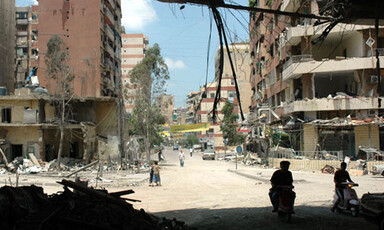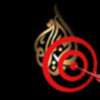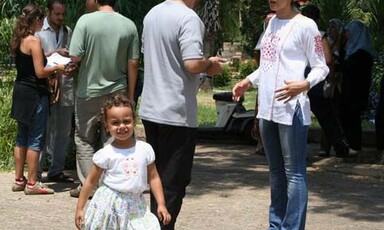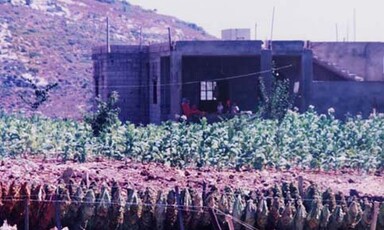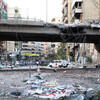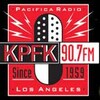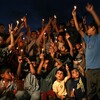
"Because This Is the Middle East"
20 July 2006
The media assumption is that in withdrawing from Gaza in September 2005, Israel ended its conflict with at least that portion of Palestine and gave up, as Schieffer put it, “what the Palestinians supposedly wanted.” In reality, however, since the pullout and before the recent escalation of violence, at least 144 Palestinians in Gaza had been killed by Israeli forces, often by helicopter gunships, according to a list compiled by the Israeli human rights group B’tselem. Only 31 percent of the people killed were engaged in hostile actions at the time of their deaths, and 25 percent of all those killed were minors. Read more about "Because This Is the Middle East"

